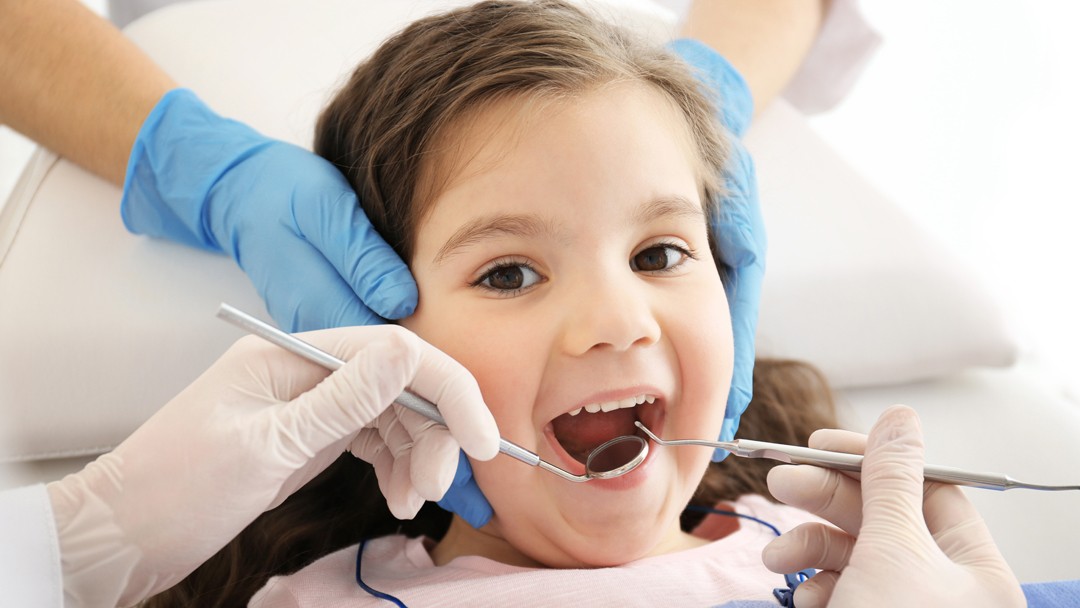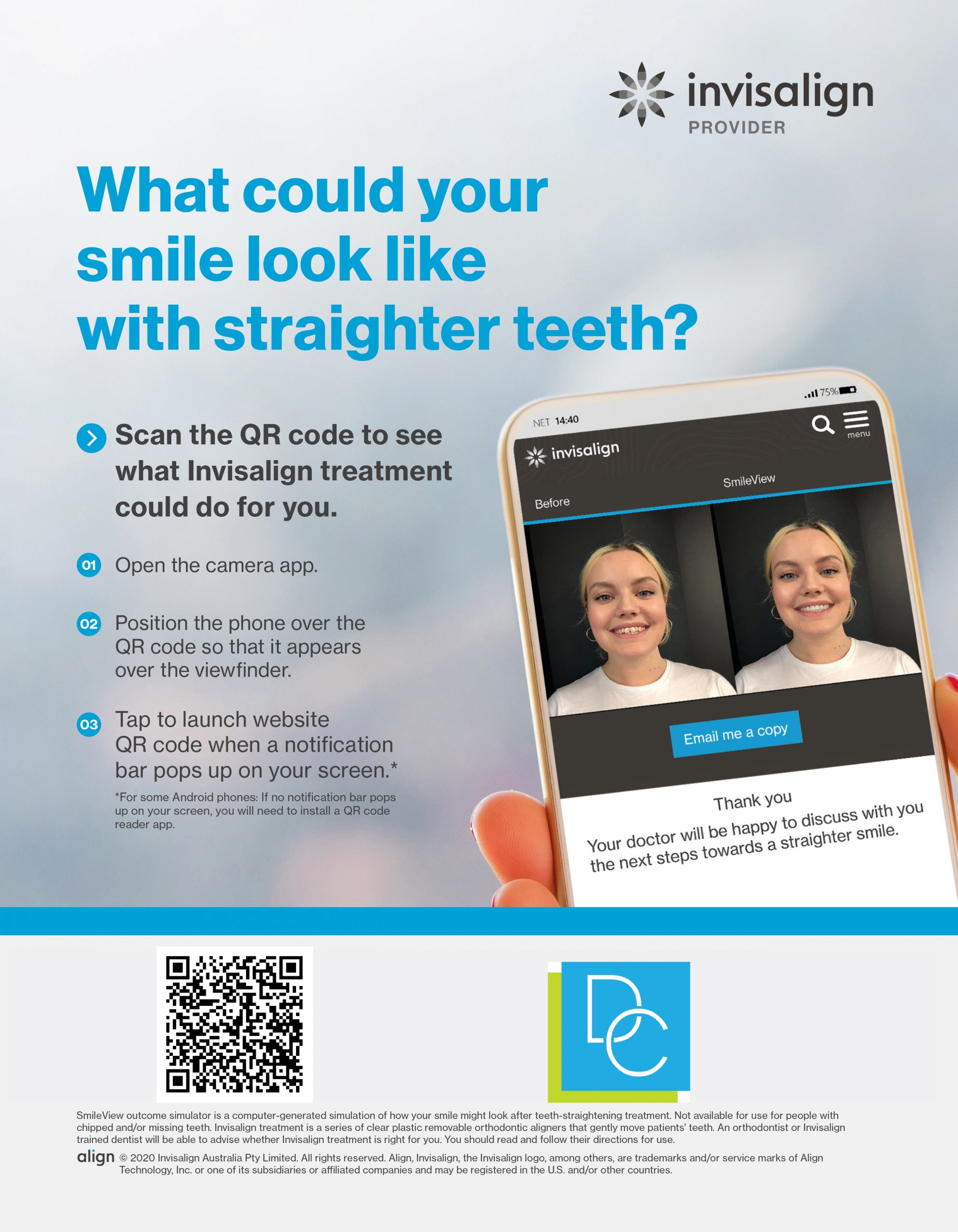- December 2024
- November 2024
- October 2024
- December 2023
- April 2022
- March 2022
- February 2022
- January 2022
- November 2021
- October 2021
- September 2021
- August 2021
- July 2021
- January 2021
- December 2020
- November 2020
- October 2020
- September 2020
- August 2020
- July 2020
- June 2020
- May 2020
- April 2020
- March 2020
- February 2020
- January 2020
- December 2019
- August 2019
- July 2019
- June 2019
- May 2019
- April 2019
- March 2019
- February 2019
- January 2019
- December 2018
- November 2018
- October 2018
- September 2018
- August 2018
- July 2018
- May 2018
- April 2018
- March 2018
- February 2018
- January 2018
- November 2017
- October 2017
- September 2017
- August 2017
- July 2017
- June 2017
- April 2017
- March 2017
- January 2017
- October 2016
- October 2015
- September 2015
- August 2015
The Dental Cycle for Your Children Through the Years
10 April,2018As we grow and change, so does our dental routine. We are not using the same tools and methods that we once used as toddlers, as it is probably impractical and inefficient.
We understand that it can be confusing knowing exactly what your children should be doing in their dental routine in the different stages of their life. Luckily for you, we have a detailed plan of attack for you below, so you can be fully in the loop.
Babies and Toddlers
It is natural for babies to start the teething process at around six months of age. Once the teeth have broken through the gums, it is important to start brushing. Purchasing a soft bristle brush and natural, safe toothpaste will ensure that your babies teeth are kept well looked after. Try not to get a strong flavoured toothpaste to avoid your baby feeling overwhelmed in the process. Instead, reach for a milder flavour.
It is also good to note that your child should attend their first dental appointment by the age of one.
Kindergarten
This is the age where your child will want to take the lead in their dental routine, so ensure you are supporting their interest and growth in dental health. This encourages them to continue the process and allows them to form healthy habits for their dental health. The more fun the routine, the more enthusiasm they will grow. You should still, however, supervise their techniques to ensure that they’re doing what’s right for their oral health. You may even want to do a once-over after they’ve finished to ensure that no hidden food is left over!
Primary School
As life starts to get busier for your child, with all those after-school extracurricular activities, their dental routine can fall behind. More than that, they are more likely to start reaching for sugary treats – which we all know when had in excessive amounts can perpetuate decay. We aren’t saying to completely deprive them of sugar, but keeping the treats for special occasions will help their teeth remain healthy.
Also, during this stage, your children will start to lose their teeth if they haven’t already. Of course, keeping up the appearance of the tooth fairy will make this time magical for them, instead of stress inducing.
Teenagers
Your teenage child may laugh at the idea of a healthy dental routine, but it is important to ensure they are taking the correct steps in keeping their oral health. Instead of lecturing about tooth decay and gingivitis, approach it from an image perspective.
The teenage years are also the best time to start seeing an orthodontist if it is necessary. Ask your dentist for any recommendations, and remember to keep on top of your child’s, and your own, dental health by visiting Dental on Clarendon today.
Further reading for kid's oral health, click here.


